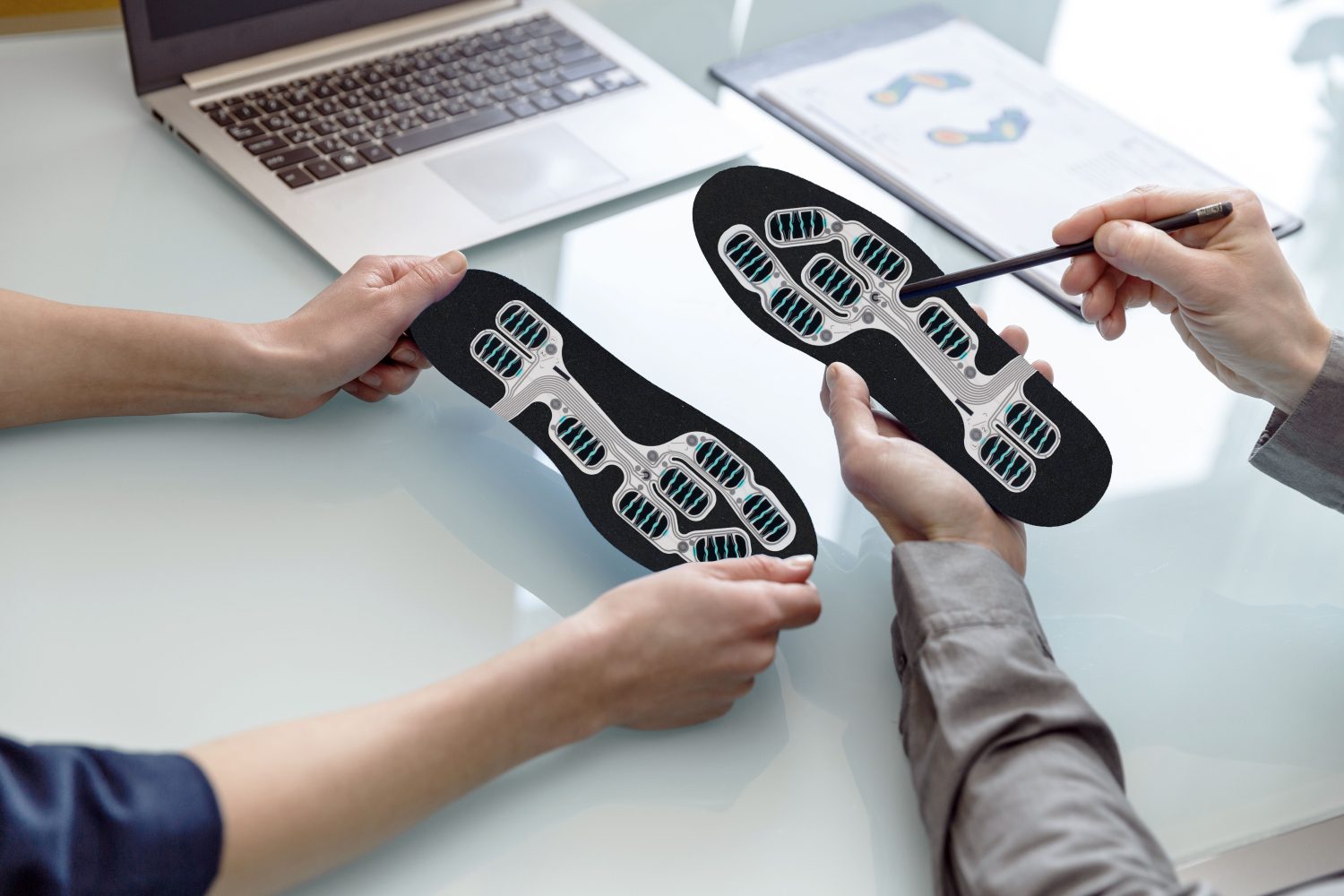MEDICA – Introducing ActiSense for Neuropathy

One of our company’s goals is to diversify markets and use cases in which our sensors can make a difference and bring benefits. In this spirit, the Business Development tasked with growing the potential for our Smart Health market has started to work on a medical gaming project involving ActiSense. This is a completely novel project which aims at testing nerve function and health in a playful way and could help both medical professionals and of course, patients.
What can ActiSense do in the field of Neuropathy?
A lot, but let’s go through this project that will be presented during the MEDICA fair and that focuses on this condition, which is more common than known, especially in patients suffering from diabetes.
Some four years ago, our team contacted the University in Magdeburg to discuss a project they were conducting on their own, without very performant sensors – and therefore, without satisfactory results. They developed a gaming application designed to detect peripheral neuropathy (which occurs when the nerves in the body extremities – hands, arms, feet – are damaged). IEE provided the complete ActiSense system with sensors, firmware, and electronics, based on the algorithms that the team in Magdeburg built for the application. They used our devices, and our team supported their development efforts, ultimately helping them reach their goals of running clinical trials and validate effectiveness.
The university’s research team concluded from the gaming application that all elements from visual coordination, anticipation of movement to coordinated movements with the feet and fine-tuned pressure delivery are important for successful early diagnosis. By standardizing the games, huge data sets from more than 700 participants were collected. By performing a clinical examination of the same patients, it was possible to get a better insight into the most important changes in performance. Basically, patients were able to find out within 10 minutes whether their nerve function was intact.
There are several advantages of using the gaming application. Not only is it joyful – a play – but in the long run it does not require frequent support from medical professionals. Based on the results of the interactive game and the patterns detected, a preselection is made of patients that display risks of nerve damage who might need closer medical attention.
“The final goal is to convert this into a telehealth device that can effectively be used from the comfort of a patient’s home, remote from the clinic. The findings may be sent straight to the doctor’s cabinet, thus saving commuting effort and waiting time,” says Tobias Meyer, Business Development Manager at IEE.
Some interesting facts:
- About 40% of all patients diagnosed with diabetes develop peripheral neuropathy.
- The risk of late detection is high, especially when typical alarm signs (such as pain in the feet) are missing. As a result, tissue damage of the feet may develop.
- Studies from the university showed that ˃ 50% of patients with diabetes are not aware of their peripheral nerve function deficits (neuropathy). Not being aware means they cannot get the necessary help.
- ˃500 patients have already been tested in clinical settings and were very satisfied with the collaboration.
We are looking for partnerships which can support in the process of certification as a medical device, so that such solutions can be released to a broader market. We continue to be active in this medical field and combine forces with health care professionals. We keep on validating business opportunities towards digital health care solutions. MEDICA is a unique opportunity to present our achievements. This will raise awareness of the capabilities of products such as ActiSense in the field of Neuropathy.
